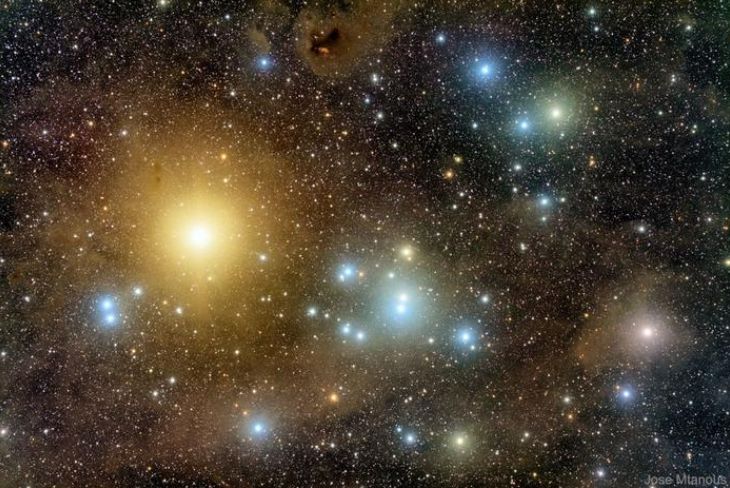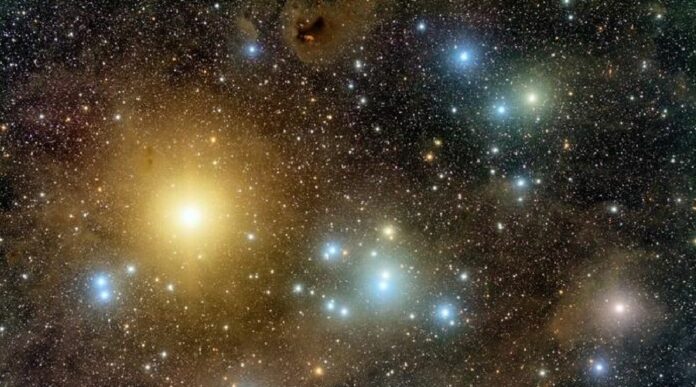Our Galactic Neighborhood Holds More Black Holes Than Ever Imagined
Recent findings presented in the esteemed Monthly Notices of the Royal Astronomical Society suggest the Hyades cluster, the neighboring open cluster to our solar system, could contain multiple black holes.
If confirmed, these would be the nearest known black holes to Earth. Spearheading the research, Stefano Torniamenti from Italy’s University of Padua collaborated closely with Mark Gieles from the University of Barcelona’s Institute of Cosmos Sciences and the Institute of Space Studies of Catalonia, as well as Friedrich Anders.
Torniamenti’s critical insights emerged during his tenure at ICCUB, integral to the IEEC network.
Are Black Holes Lurking in the Hyades?
The allure of black holes isn’t new. Ever since their initial discovery, they’ve gripped researchers globally. Especially intriguing are the smaller ones, given their association with gravitational wave detection. The advent of gravitational wave observations in 2015 unveiled several instances of smaller black hole mergers.
To understand the Hyades’ present state, located roughly 150 light-years away, astrophysicists simulated the trajectories and evolution of its constituent stars.
Defined as relaxed conglomerates of numerous stars, open clusters often exhibit shared properties like age or chemical makeup. Using the Gaia satellite launched by the European Space Agency, they juxtaposed simulation outcomes with actual Hyades star data.
Torniamenti notes, “Our simulations can only simultaneously match the mass and size of the Hyades if some black holes are present at the centre of the cluster today (or until recently).”
Current simulations most accurately depict the Hyades’ properties when accounting for the existence of two or three black holes. Even models suggesting that all black holes were expelled from the cluster approximately 150 million years ago — about the last 25% of the cluster’s lifespan — align well. This is because the cluster’s evolutionary history still bears the imprints of its former black hole inhabitants.

These recent findings suggest that black holes originating from the Hyades are either within or in the vicinity of the cluster. This positions them as the Sun’s nearest black holes, overtaking the previously believed closest contender, Gaia BH1, which sits 480 parsecs away.
Thanks to the Gaia space telescope, detailed study of open cluster stars became feasible, allowing astronomers to pinpoint individual stars with greater certainty.
Mark Gieles emphasizes the significance of such observations in discerning the influence of black holes on star cluster evolution and their contribution to gravitational wave origins. He adds, “These results also give us insight into how these mysterious objects are distributed across the galaxy.”
This groundbreaking research was a joint endeavor involving the University of Padova, ICUBB-IEEC, the University of Cambridge, the European Southern Observatory, and China’s National Sun Yat-sen University.
Image Credit: Jose Mtanous
